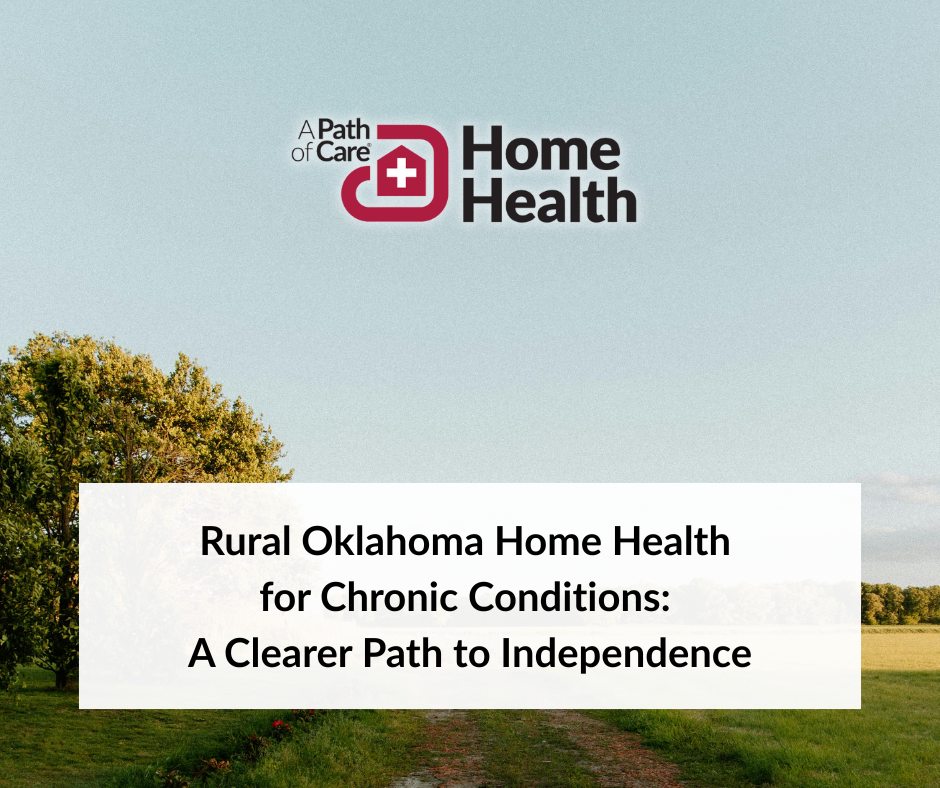Home Health Care, Then and Now
In 1854, Florence Nightingale organized a group of 38 nurses to care for wounded soldiers in the Crimean War. Many soldiers were dying of infectious diseases, not just from battle injuries.
Nightingale and her team worked to improve sanitary conditions. The hospital and the soldiers’ uniforms were scrubbed. She set up laundry to provide clean linens. She set up a kitchen for special dietary needs. She expected her nurses to watch and act on changes in a patient’s condition. She stressed the importance of fresh air, cleanliness and light in healing. In six months, the hospital’s death rate dropped from 40% to 2%.
Nightingale’s theories became the basis of today’s home health nursing theory.
“My view, you know, is that the ultimate destination of all nursing is the nursing of the sick in their own homes,” Nightingale said. “Homes provide optimal opportunities for all sick persons to maintain their health and achieve recovery.” Her plan was to provide not only nursing in the home, but also “practical guidance for their families on how to lead a healthier life.”
These principles still hold true today. Florence Nightingale would be amazed at the level of care that can now be provided in the home.
[[cta]]
What Services Can You Get Through Home Health?
Some types of care that you can get with a home health agency are:
- Remote Patient Monitoring – You can now use your phone to send daily vital signs to a central nurse. The nurse watches for health trends and coordinates any changes in care with you and your physician.
- Infection Control – The recent pandemic showed the importance of healing at home to reduce infection risk. The home care team wears protective equipment and uses infection control techniques when providing care.
- Point of Care System – Our team uses secure computer tablets on your visit to document care. This means others on your care team, including your doctor, will have access to the most recent information when they need it.
- Medication Reconciliation – Many people take medications prescribed by several different physicians. This can lead to dangerous mix-ups. Are you taking new medications, or taking them in a different way? Are you taking any non-prescription medicines? Home health nurses can review all the medicines you take and watch for possible side effects.

- Wound and Incision Care – If you’ve had surgery or an injury, home health nurses can care for the incision or wound. They can use specialized wound treatment equipment and reduce the risk of infection.
- Telemedicine – During the recent pandemic, home health clinicians connected patients with their physicians by video while the nurse was in the home. This allows your physician to see you and make changes in home health orders in real-time.
- Pain Management – There are many new techniques and medicines for reducing pain. Skilled nurses and therapists work with your physician to help keep your pain in control.
- Recovery from Surgery – You can recover safely and comfortably at home following surgery. For example, if you have a knee or hip replacement, you can heal at home rather than in a rehab facility with the help of a home health agency. Therapists will help you regain strength and mobility in your own home.
- Chronic Diseases – Do you know how to keep your diabetes in control? Is heart failure limiting your energy? Home health clinicians teach you how to adjust your lifestyle to manage ongoing conditions.
- Gastric Issues – Even complex care like tube feeding and ostomies can be managed at home.
- Therapy at Home – Physical and occupational therapists can come to your home to help you build strength or regain movement. They can show you how to conserve energy and reduce your risk of falling. They can teach you to get up and down safely.

- Medical Equipment – Your home health team can help you get certain kinds of medical equipment to use in your home to maintain or improve your independence.
- Urinary Issues – The home care team can help with bladder training for incontinence. They can help with catheters, frequent infections, or surgery recovery.
- Neuromuscular Disorders – Therapists can help those with Parkinson’s Disease, multiple sclerosis, and other challenges with the brain, nerves, and muscles. This can include therapy in the home to reduce muscle loss or contraction.
- Lung Conditions – Home health clinicians can teach breathing and energy conservation techniques. They can teach you to clean mucus congestion out of your lungs.
- Low Vision – If you have macular degeneration, cataracts, or other vision conditions, home health can help. They can teach you how to use lighting, color, contrast, and touch to live safely at home.

A Path of Care is fulfilling Florence Nightingale’s vision of providing care so you can heal safely and live independently at home.
If you think that you or a loved one may be able to benefit from home health care, please get in touch with one of our Home Health Experts.






